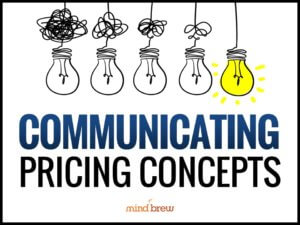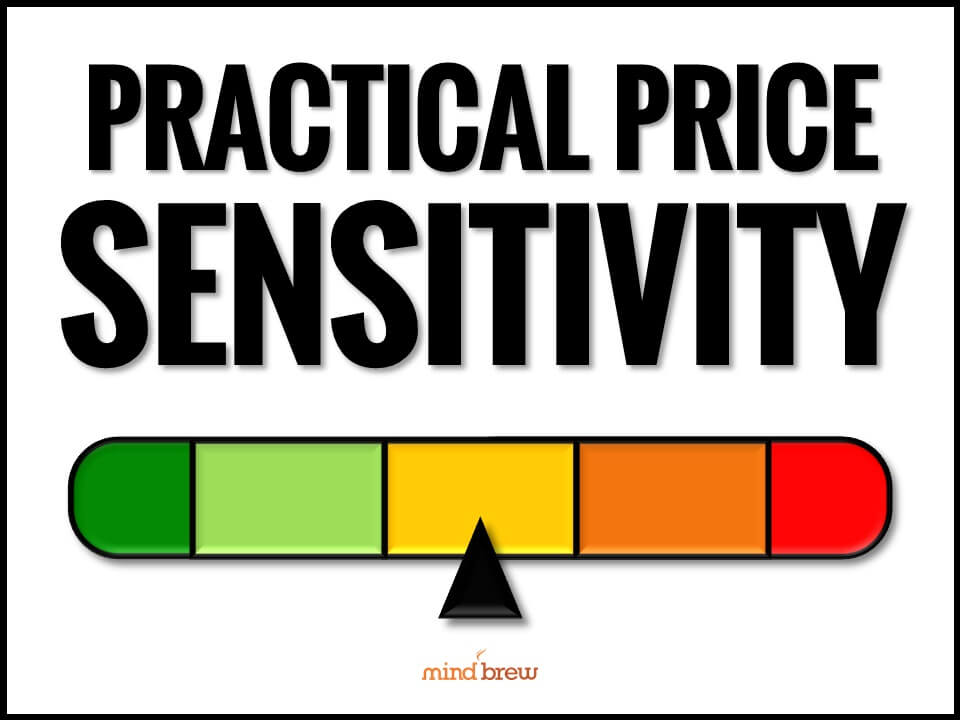In a recent webinar for Journal subscribers called Building a Better Bid Desk, we exposed a number of strategies and tactics B2B companies are using to enhance bid desk profitability without sacrificing speed, and vice versa. One of the strategies we discussed was about segmenting large bids and quotes more effectively, to allow for faster and more accurate comparisons and pricing determinations.
After the live event, an attendee sent me an email to ask whether or not companies in her industry were currently using this segmentation strategy. Which seems like a perfectly reasonable question, right? And in this particular case, I was able to affirm that yes, companies in her specific industry were indeed striving for more robust segmentation and “slotting” of their large bids and quotes.
But by answering her question in that way, I now realize that I probably did her a disservice. And in retrospect, I should have included an explanation as to why the “my industry” question might be counterproductive.
We know from our research that pricing people tend to be quite industry-focused. And we field various forms of the “my industry” question on a fairly regular basis. Given that most people in our audience have done pricing at fewer than 3 different companies, very often in the same industry or sector, it’s a completely understandable phenomenon.
But while “My Industry Myopia” may be pervasive, there at least three big reasons pricing professionals need to fight it:
- Many pricing concepts are universal. The power and importance of things like price segmentation, perceived value, willingness-to-pay, organizational dynamics, comparative analysis, diagnostics, and so on, isn’t limited to any specific industry. Simply put, whenever one company is buying from another, there are certain pricing principles and concepts that will come into play no matter what.
- You can’t win a race by trailing the pack. When you choose to filter pricing ideas and concepts by whether or not others in your industry are already leveraging them, you’re necessarily starting from behind. You’re playing catch-up, rather than leading or innovating. And as a result, you’re sacrificing the opportunity to develop any real competitive advantages.
- You make yourself more marketable. Focusing exclusively on “how things are done” in your specific business or industry can’t help but limit your mobility and constrain your career prospects. Rather than being a well-rounded pricing professional that can be successful in many different environments, you effectively become a pricing specialist whose skills and knowledge are only applicable and valuable to a small slice of the market.
So, stop dismissing pricing concepts and ideas for the wrong reasons. Stay out of the self-limiting trap of focusing solely on your particular industry or business model. Get out of that self-referencing echo chamber that stifles innovation and leadership.
Expose yourself to a range of B2B pricing ideas, concepts, and practices that are proven effective in other verticals and sectors. Try to look beyond the specific tactical executions and identify the underlying principles that are at work. Then, see what you can adapt and apply to your specific situation.
Your business…and your career…will both be better for it.














